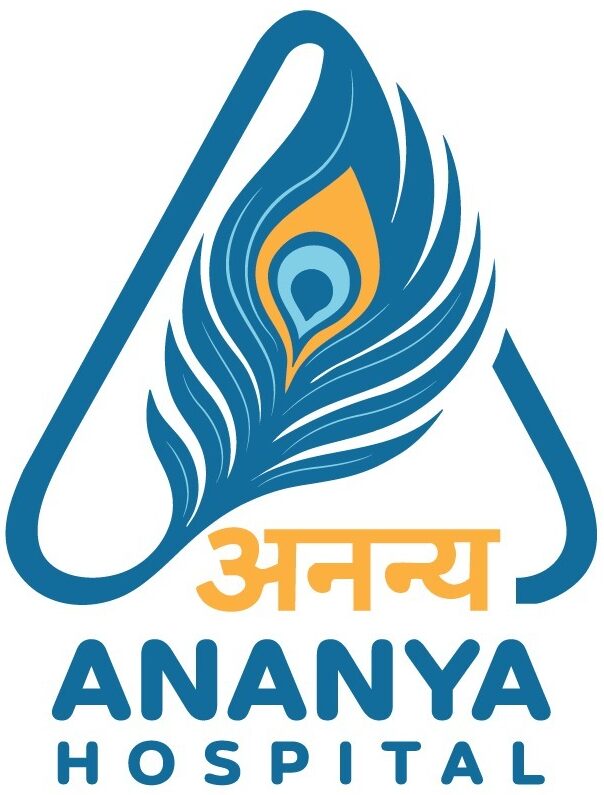Services
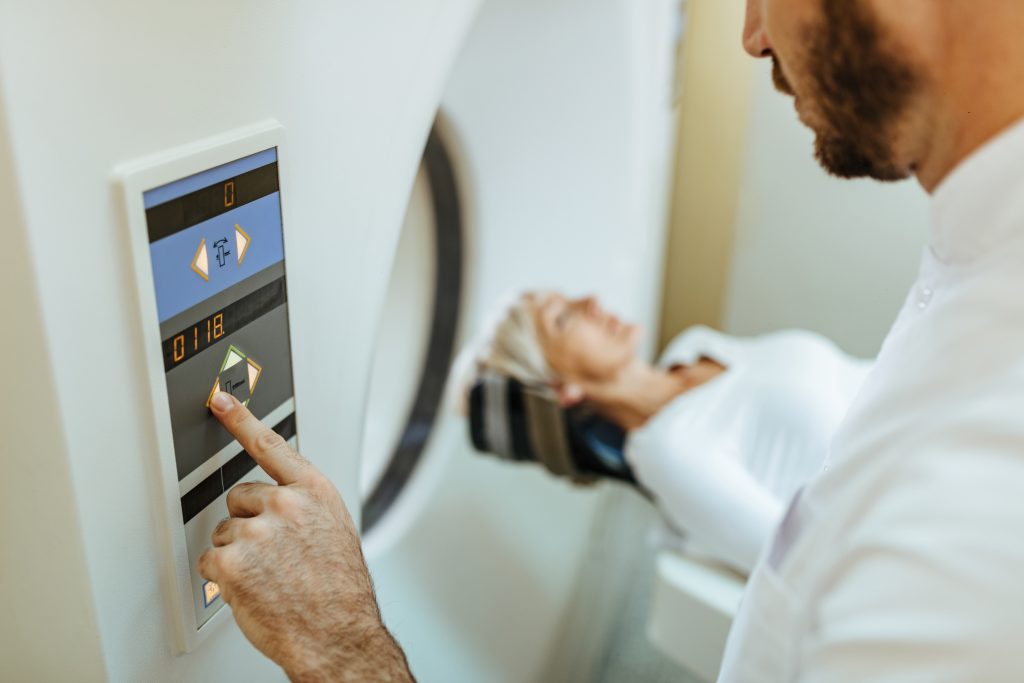
Angiography
Angiography is a medical imaging technique used to visualize the inside of blood vessels and organs, particularly the heart, by injecting a contrast dye into the blood vessels. This procedure helps doctors diagnose various conditions related to the cardiovascular system and other areas. Here’s an overview of angiography, including its purpose, procedure.
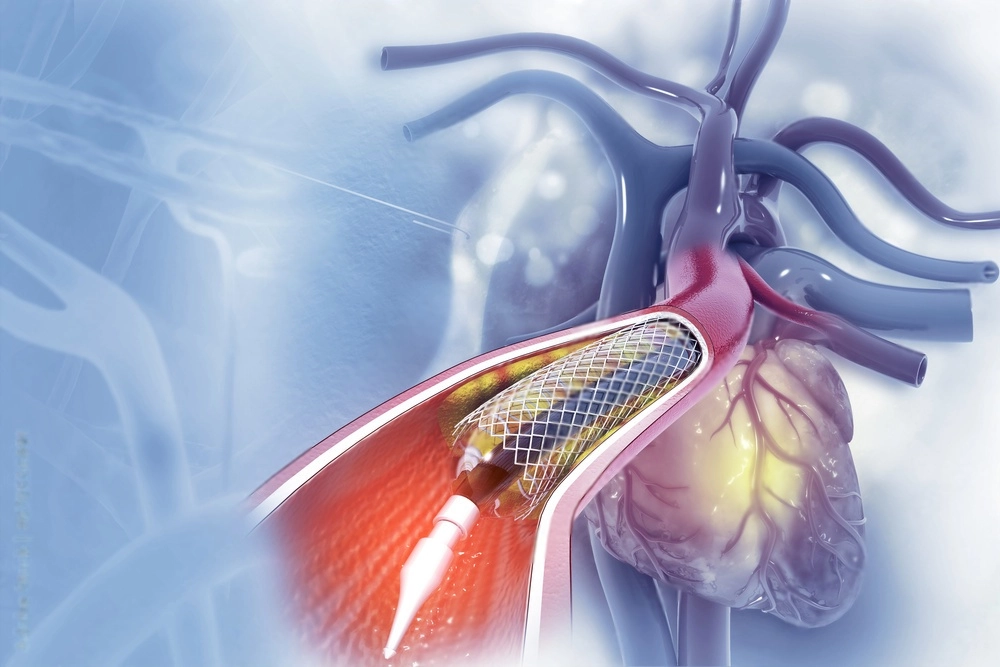
Angioplasty
Angioplasty is a minimally invasive medical procedure used to open narrowed or blocked blood vessels, primarily to treat conditions like coronary artery disease (CAD). The procedure aims to restore normal blood flow to the heart or other affected areas by expanding the narrowed vessels, often using a balloon catheter and sometimes placing a stent to keep the vessel open.
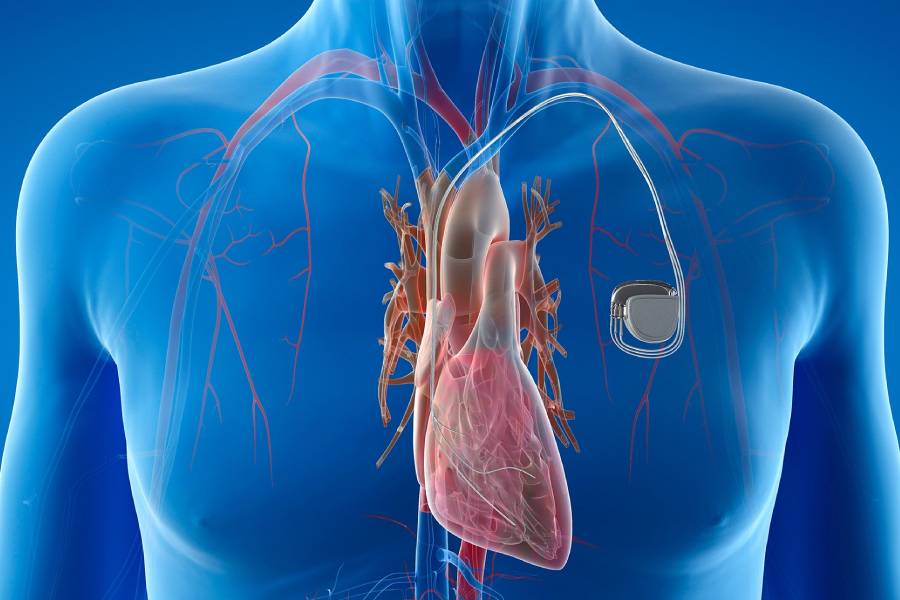
Permanent Pacemaker
A permanent pacemaker is a medical device implanted in the body to help regulate the heart’s rhythm. It is used to treat conditions where the heart beats too slowly (bradycardia) or fails to conduct electrical signals properly. Here’s an overview of what a permanent pacemaker is, how it works, indications for use, the implantation procedure, and potential complications.
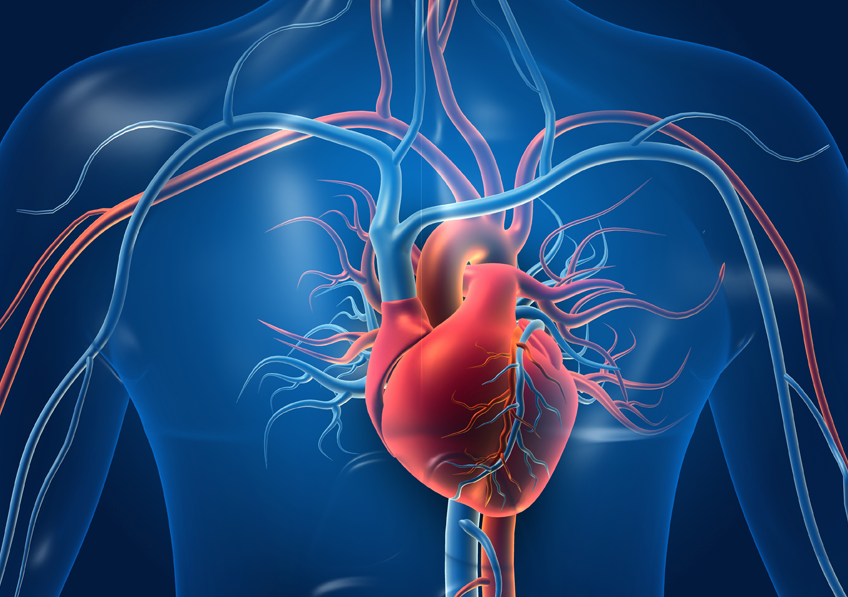
Heart Valve Treatment
Heart valve treatment refers to a range of medical and surgical interventions designed to address various conditions affecting the heart valves, such as stenosis (narrowing), regurgitation (leakage), or other abnormalities. Here’s an overview of heart valve diseases, treatment options, and considerations:

Stress Test (T. M .T)
A Stress Test, often referred to as a Treadmill Test (TMT) or Exercise Stress Test, is a diagnostic procedure used to assess the heart’s response to physical exertion. It helps in evaluating cardiac function, diagnosing various heart conditions, and determining the effectiveness of treatments. Here’s a detailed overview of what a stress test entails, its purpose, procedure, types, and potential risks.
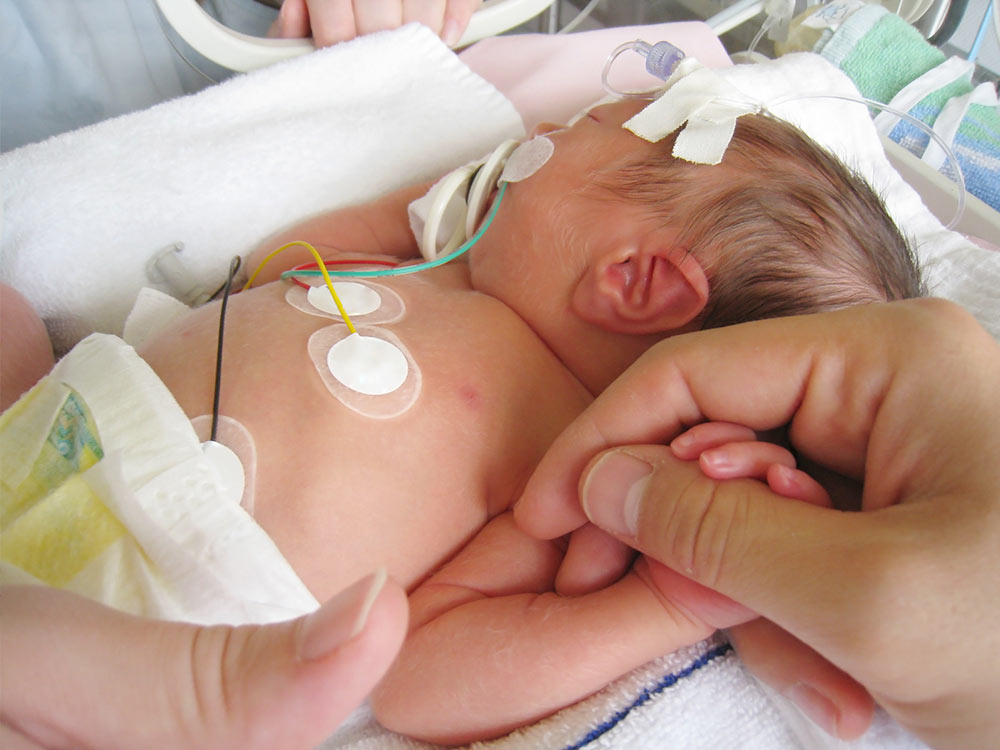
Newborn cardiac treatment
Newborn cardiac treatment refers to the medical interventions and care provided for infants born with congenital heart defects (CHDs) or other cardiac conditions. These conditions can significantly affect a newborn’s heart structure and function, leading to various health challenges.
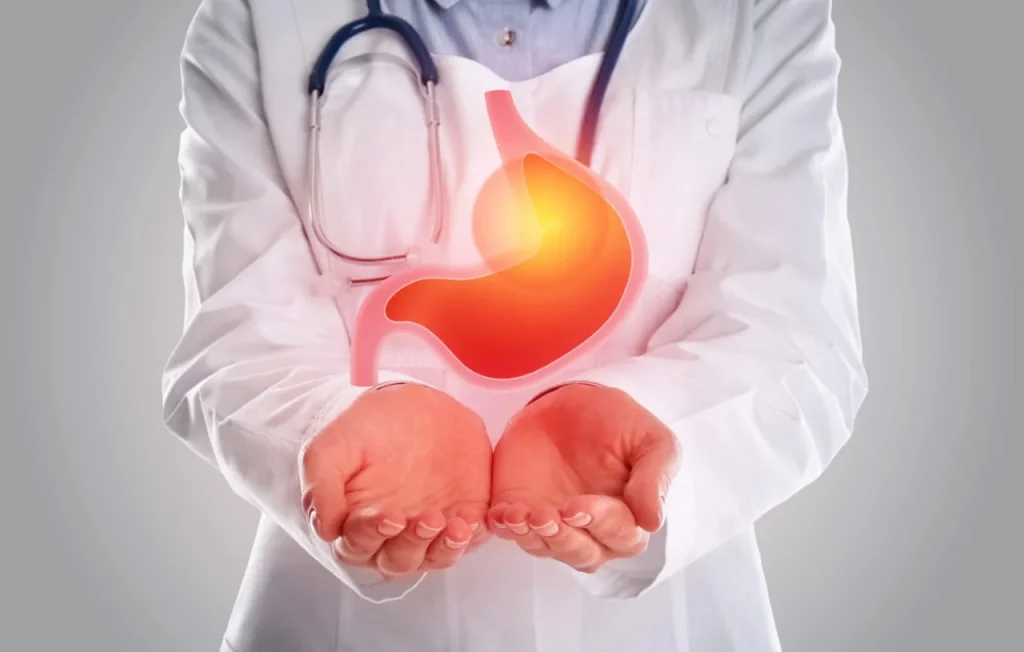
Gastroenterology
Gastroenterology is the branch of medicine focused on the diagnosis, treatment, and management of disorders related to the gastrointestinal (GI) tract and the liver. This specialty covers a wide range of conditions affecting organs such as the esophagus, stomach, intestines, liver, pancreas, and gallbladder.
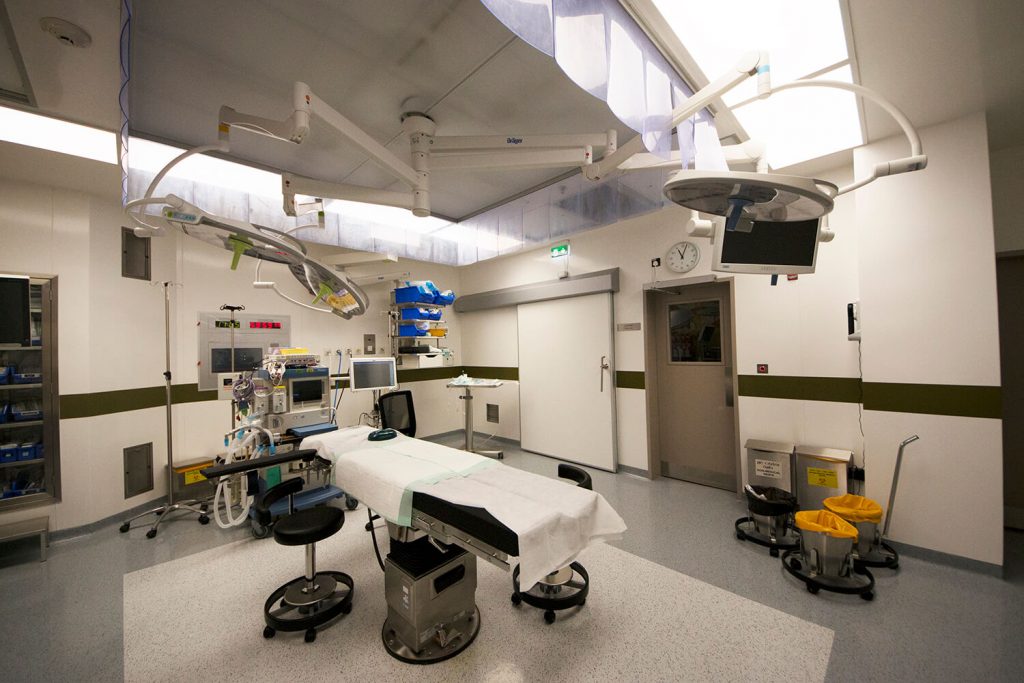
Modular Operation Theater
A Modular Operation Theater (MOT) is a state-of-the-art surgical room designed with standardized, pre-fabricated modules for optimized sterility, flexibility, and efficiency. It ensures a high level of infection control and can be customized for various surgical procedures at Ananya Cardiac and Multispeciality Hospital.
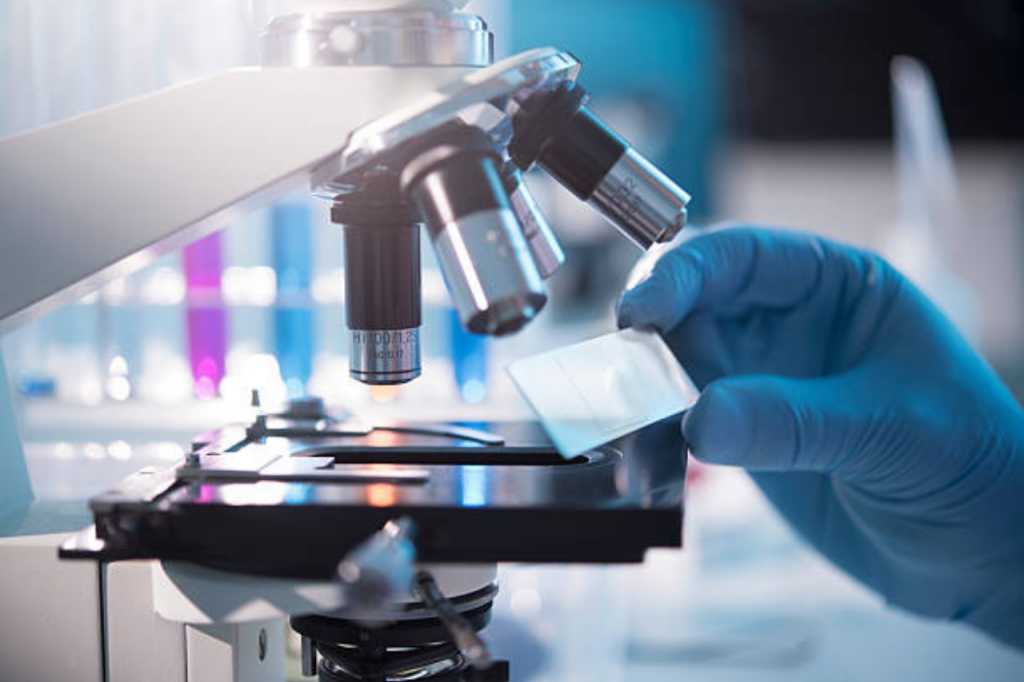
Advanced Pathology Lab
An Advanced Pathology Lab is equipped with cutting-edge technology for comprehensive diagnostic testing, including blood, tissue, and molecular analysis. It enables precise and rapid diagnoses to support patient care and treatment planning at Ananya Cardiac and Multispeciality Hospital.

Spine Surgery
Spine surgery encompasses a range of surgical procedures aimed at treating disorders of the spine, which includes the vertebrae, discs, spinal cord, and surrounding structures. Spine surgery is typically considered when conservative treatments (like physical therapy, medications, and injections) fail to provide relief from pain or other symptoms, or when there are progressive neurological deficits.
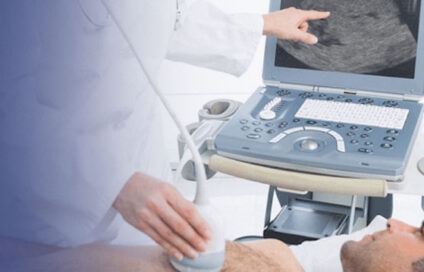
2D ECHO
A non-invasive ultrasound imaging technique that visualizes the heart’s chambers, valves, and surrounding structures in real-time. It helps assess heart function, detect abnormalities like valve diseases, and monitor conditions like cardiomyopathy. The procedure is painless, takes around 20-30 minutes, and is essential in diagnosing various cardiac conditions. It’s commonly used in routine heart health evaluations.
